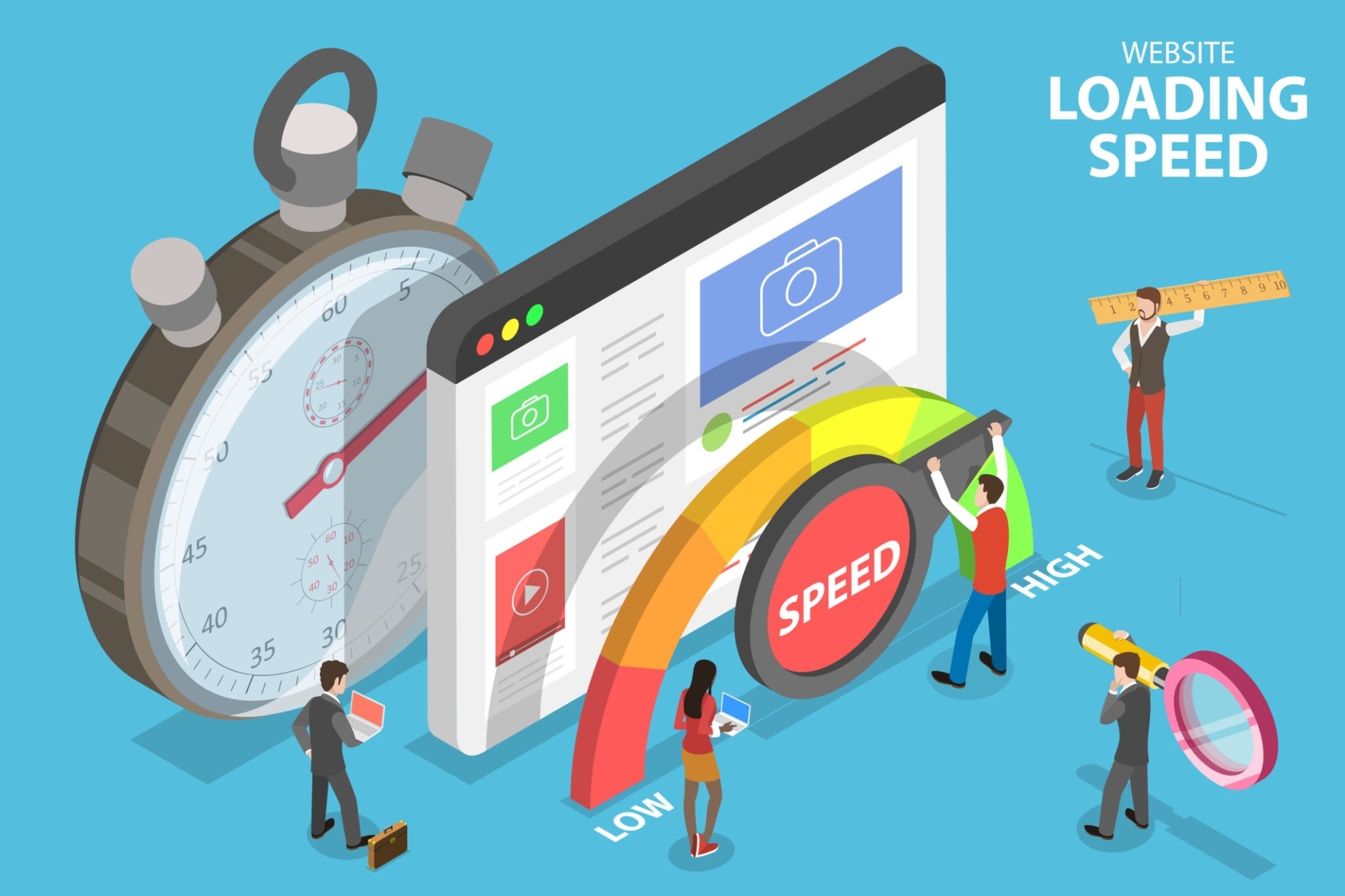Search Engine Optimization (SEO) is a multifaceted discipline that involves various on-page and off-page factors. One of the key metrics in the SEO realm is Domain Authority (DA), which reflects a website’s overall strength and authority in the eyes of search engines. However, it’s not uncommon for websites to achieve high on-page SEO scores while maintaining a relatively low Domain Authority. In this article, we’ll explore the factors that can contribute to this scenario and explain why it happens.
Understanding On-Page SEO
On-page SEO refers to the optimization of individual web pages to improve their search engine rankings and organic visibility. It involves various elements that you can control directly on a specific page, including:
- Keyword Optimization: Properly using relevant keywords in titles, headers, and content.
- Quality Content: Providing valuable, informative, and engaging content for users.
- Meta Tags: Crafting compelling meta titles and descriptions.
- Internal Linking: Linking to other pages within your website.
- User Experience (UX): Ensuring a user-friendly design and fast page load times.
- Mobile Responsiveness: Making your site mobile-friendly.
- Image Optimization: Optimizing images for speed and SEO.
- Structured Data Markup: Adding structured data for enhanced search results.
- Page Speed: Ensuring fast load times.
These elements, when optimized effectively, can lead to high on-page SEO scores and improved rankings for individual pages.
Understanding Domain Authority (DA)
Domain Authority, on the other hand, is a metric developed by Moz that quantifies the overall strength and authority of a domain or website on a scale of 1 to 100. It’s calculated by considering various off-page factors such as the number and quality of backlinks, referring domains, and other authority signals.
Now, let’s explore why a website might have high on-page SEO scores but a low Domain Authority:
1. Lack of Backlinks
One of the primary factors that contribute to a low Domain Authority is the absence or scarcity of high-quality backlinks. Backlinks are external links from other websites that point to your site. They serve as a vote of confidence in your website’s content and authority. Even if your individual pages are well-optimized, a lack of backlinks can prevent your overall domain from gaining authority. In such cases, your on-page SEO efforts may shine, but your website’s authority remains limited.

2. New Website or Domain
New websites or domains typically start with a low Domain Authority. It takes time to build credibility and accumulate backlinks. While you can optimize on-page elements from the start, the authority of your domain will increase gradually as you acquire more high-quality backlinks over time.
3. Niche or Local Focus
Websites that cater to specific niches or focus on local markets may have high on-page SEO scores for their targeted keywords, but their domain’s authority may not be as high as a global or widely recognized site. This is because they may have fewer opportunities for backlinks or a narrower audience.
4. Limited Content or Pages
Some websites, especially smaller ones or those with a specific focus, may have a limited number of pages. While each page can be optimized effectively for on-page SEO, the overall impact on Domain Authority may be limited due to the lack of content and backlink opportunities.
5. Competitive Niches
In highly competitive niches, it can be challenging to acquire backlinks from authoritative sources. Even if your on-page SEO is stellar, your Domain Authority might remain low because it’s difficult to compete for backlinks in crowded spaces.
6. Content Freshness
Search engines also consider how frequently your content is updated and refreshed. Websites that publish new and relevant content regularly tend to have higher Domain Authorities. If your website isn’t consistently producing fresh content, it can affect your DA, even if your existing content is well-optimized on-page.
7. Focus on User Experience
Sometimes, websites prioritize user experience and on-page SEO over acquiring backlinks. While this approach can lead to high on-page scores and an excellent user experience, it may not yield as many backlinks as websites that prioritize content marketing and outreach for link building.
In summary, while high on-page SEO scores are essential for individual page rankings and user experience, a low Domain Authority can result from various factors, primarily related to off-page elements like backlinks and the overall domain’s authority signals. To improve your website’s overall SEO performance, it’s crucial to strike a balance between on-page and off-page optimization strategies, focusing on building a strong backlink profile and consistently producing high-quality content that attracts both users and search engines. Over time, as your website gains more authority, you’ll see improvements in both on-page and off-page SEO metrics.





